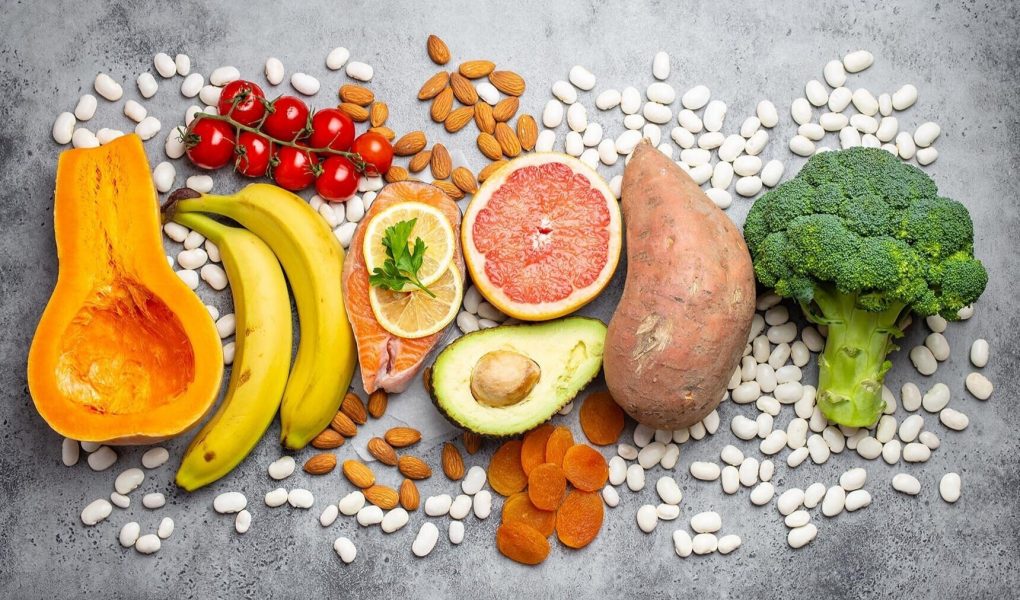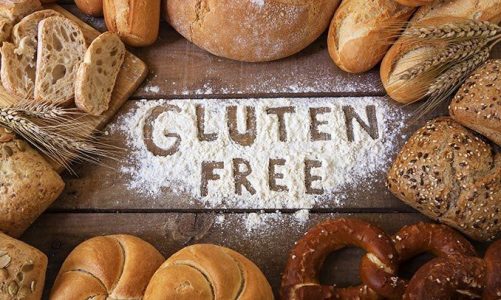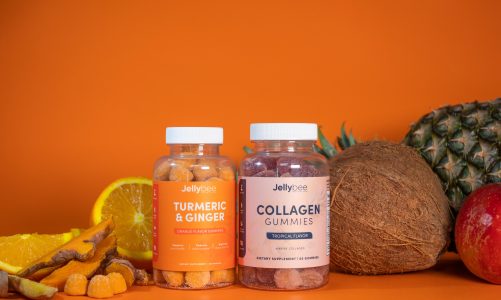For those who need to follow a gluten-free (GF) diet, whether for medical reasons or preference, you already have a lot to worry about. At Needful, we already know the hassle of worrying about reading food labels, the struggle with cross-contamination when eating out, and the symptoms associated with a slip up. We also know that it can be difficult to ensure that you are consuming all of the nutrients needed to optimize your health, given that you need to avoid entire groups of food. For a deeper understanding of what gluten is or some possible indications that it may need to be eliminated from your diet, speak with your doctor or Registered Dietitian. If you are already following a gluten-free diet, let’s take a closer look at which micronutrients you may be missing and how it may be affecting you.
Gluten free diets have been shown to be low in vitamins D, B12, and folate.
Vitamin D is crucial and while most of the American adult population is deficient in this vitamin, those who follow a GF diet are no exception. Vitamin D has been associated with bone health, a more effective immune system, better sleep quality, and is important in metabolism function so is associated with increased energy.
Folate and B12 are among the B vitamins and are essential for proper brain development. Deficiencies in the B vitamins also can lead to problems with hair, skin, and nails.
Many minerals have also been found to be deficient in those who follow a gluten-free diet.
Most notable include iron, zinc, magnesium, and calcium.
Calcium works closely with Vitamin D, therefore a deficiency in calcium also affects bone health.
In some early research, magnesium has been found to help improve sleep quality, therefore a deficiency may be related to feeling tired or waking up not feeling rested.
Zinc is crucial for proper immune function as well as healthy skin and in association with vitamin C, has been found to reduce time for wound healing and healing from illness. In addition, zinc is important for bringing vitamin A from the liver to the retina in order to produce melanin which is a protective eye pigment. Inadequate zinc intake has been linked to impaired vision, poor night vision, and cloudy cataracts.
Iron helps to form the part of red blood cells which carry oxygen to cells in order for them to maintain proper functioning. Those who are deficient in iron tend to feel tired all the time as well as struggle to be effective in exercise routines, as their cells may not be getting the optimal amount of oxygen.
It’s no wonder most people who are GF (including some of us here at Needful!) are feeling tired and have low energy, even when eating well and exercising.
In addition to potentially falling short on many key nutrients when following a gluten-free diet, people often experience issues with malabsorption due to intestinal wall damage from eating gluten. If you have a true gluten allergy or intolerance, your cell walls may have undergone damage and even if you are meeting the recommended intake of nutrients, your body may not absorb them in the amounts that a healthy GI tract should. (We know, we know, even more things to worry about!) This damage is reversible with adherence to a strict gluten-free diet, but it’s important to ensure proper nutrient intake to avoid deficiencies in any essential nutrients. Let us help make sure that you are getting the nutrients that your body needs, you simply worry about the day to day.
Keep following along here at Needful for more suggestions on making the most of your gluten-free lifestyle. We believe you should never have to miss out on your favorite foods just because of a diet modification. Let’s get creative together and make sure you are getting all the enjoyment (and all the nutrients) out of life!
References
- Dietary supplement fact sheets. NIH Office of Dietary Supplements. https://ods.od.nih.gov/factsheets/list-all/. Accessed December 6, 2021.
- Vici G, Polzonetti V, Biondi M, Belli L. Gluten free diet and nutrient deficiencies: A Review. Clinical nutrition (Edinburgh, Scotland), U.S. National Library of Medicine. https://pubmed.ncbi.nlm.nih.gov/27211234/#article-details. Published May 7, 2016. Accessed December 6, 2021.



